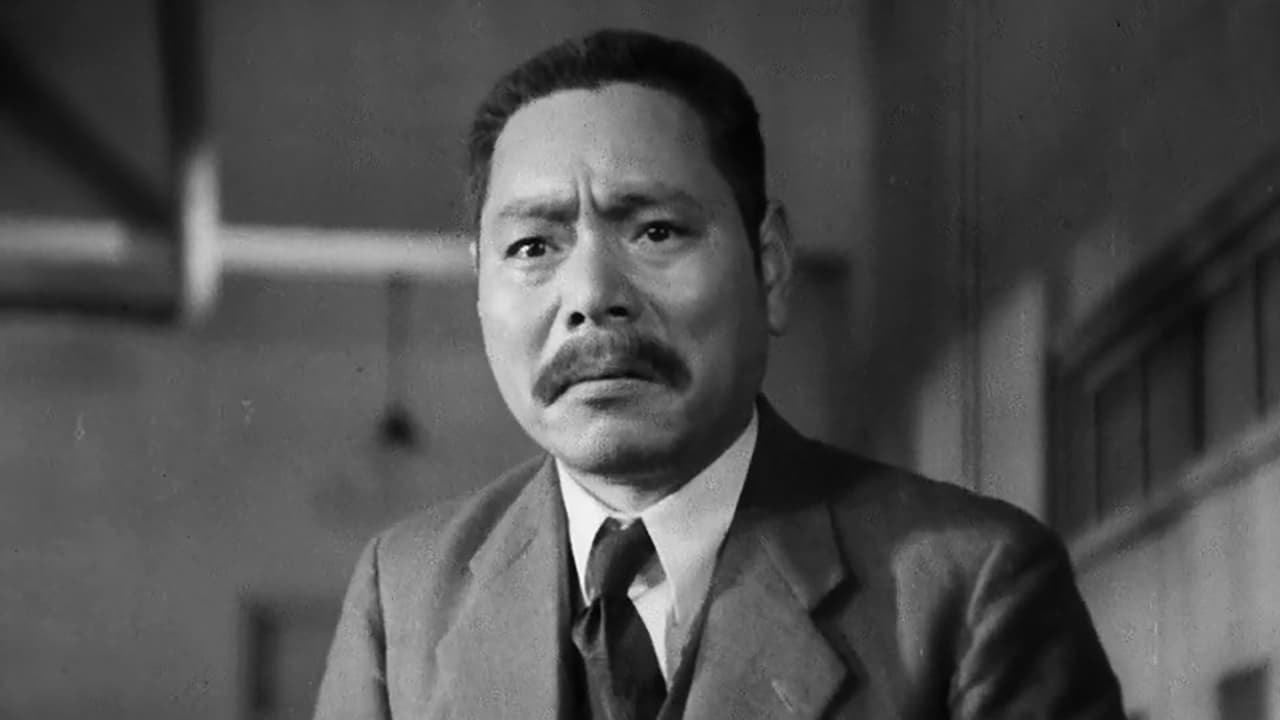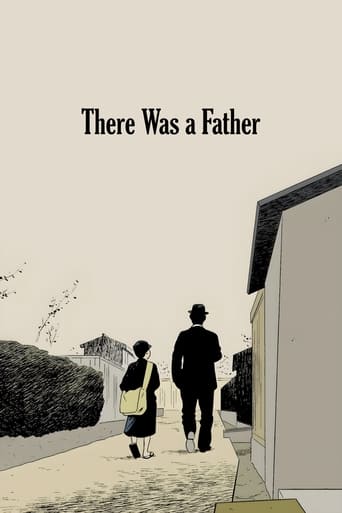



An absolute waste of money
A Disappointing Continuation
it is the rare 'crazy' movie that actually has something to say.
View MoreThe best films of this genre always show a path and provide a takeaway for being a better person.
View MoreAnother simple story perfectly made and portrayed by Ozu. This time it is about the relationship between father and son and how they had to separate from each other throughout their lives.I think this has been the slowest paced film from his earlier films I've seen so far, though I'm not really sure. The camera sometimes shows or focuses on places (for instance the shot in the building where the father works) and prolongs itself into them. Those takes might not add anything to the plot, but they surely give a more vivid feel to the film.The film is really worth watching for all lovers of Japanese cinema; it is also the one I've liked the most from Ozu's earlier films. Needless to say, and as I've been mentioning in the other reviews, if you're not into Ozu's filmmaking style, then you shouldn't bother checking this out.
View MoreBeing a fan of Ozu, you see here all the elements of his film making: The long shots, the trains, the interaction of family members etc. Kind of a precursor to the superior "Late Spring", this story revolves around a father and son's relationship. He works hard to get his son through school, so he can have a better life. However, they are not in the same place, so they do not see each other all that often. The film spans several years, in which the son goes from a young boy to a man. Chishu Ryu, who has starred in many Ozu films, is the father. Of course, he is great, he always is. Since the mother passed before the film even started, the boy only has the father, and their relationship is the heart of this film. A good to almost very good film, it was shown, appropriately enough, on Fathers Day on Turner Classic Movies. If you like Ozu, you'll want to see this. If you're new to him, check out the films with Chishu Ryu and Setsuko Hara, as well as his swan song "Autumn Afternoon" and even "I Was Born, But" before watching this. I liked it, it was a nice film. Its another worthy Ozu film, in a career that had so many of them.
View MoreAnother sober wartime drama, this time a sort of reworking of THE ONLY SON as a widower schoolteacher decides to send his boy to a boarding school to give him the best education possible and seek a higher paying position to afford tuition. The film takes a sudden leap forward in time as the grown son desires to take care of his aging father, but the father forbids the son to compromise his own career. The war is barely mentioned but the film can easily be read as a propagandistic statement about self-sacrifice and devotion to duty, even at the cost of family unity. However, the pensive, tentative mood Ozu captures at the end, embodied in the son's distant, troubled look as he thinks about his father, hints at Ozu's own reservations with the moral message being issued. The scenes of father and son together in both halves of the story have a gentle perfection that gives the film all the beauty it requires, thanks to great performances by Shuji Sano as the grown son and Chishyu Ryo as the father. Amazingly, Ryu was only 38 when he gave this totally believable performance as an aging patriarch -- in fact he barely looks any different than he does in AN AUTUMN AFTERNOON twenty years later!
View Moreunavoidable spoilersThe second of Ozu's war-era films -- and the first to feature Chishu Ryu as "star". This film starts with the story of a teacher and his young son (in the 1920s). After one of the students under Ryu's care drowns on a school outing (after disobeying orders), Ryu resigns as a teacher due to his "failure". Ryu and his son then must split up, the son to go to middle school and Ryu to go to Tokyo to pay for his son's education. Even when the son (now played by Shuji Sano) is grown -- and teaching in an agricultural college -- the two remain separated (except for very rare, very short visits) due to Ryu's fanatic devotion to duty, an attitude he presses on his son as well. This film has typically been viewed as supporting the Japanese government's promotion of hierarchical paternalism. But, frankly Ryu's rigidity seems a bit "over the top" -- and, in the final moments of the film, it seems that his son (now just married to the daughter of Ryu's best friend from his teaching days) may not accept the concept that duty requires the squelching of all emotional ties.
View More